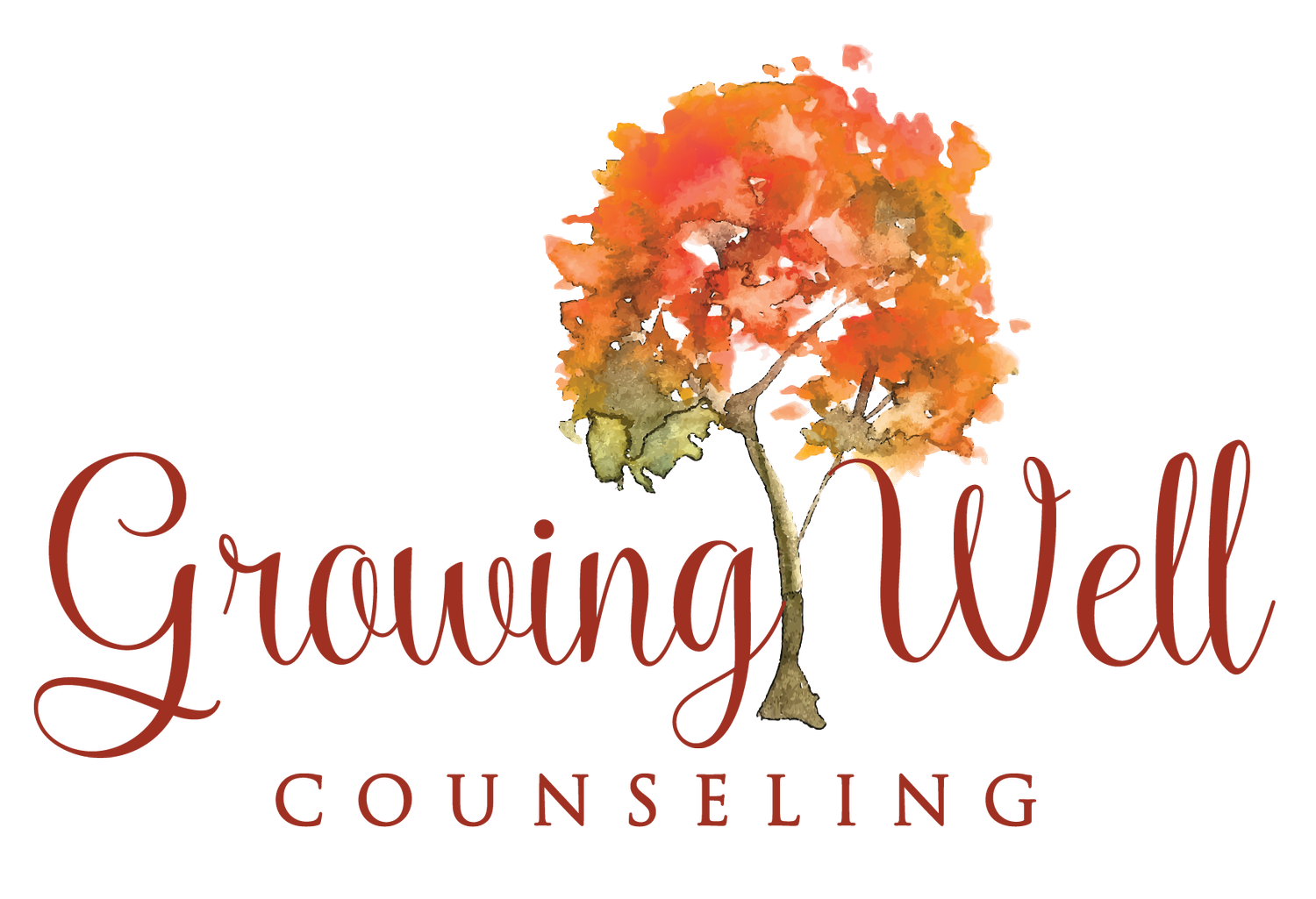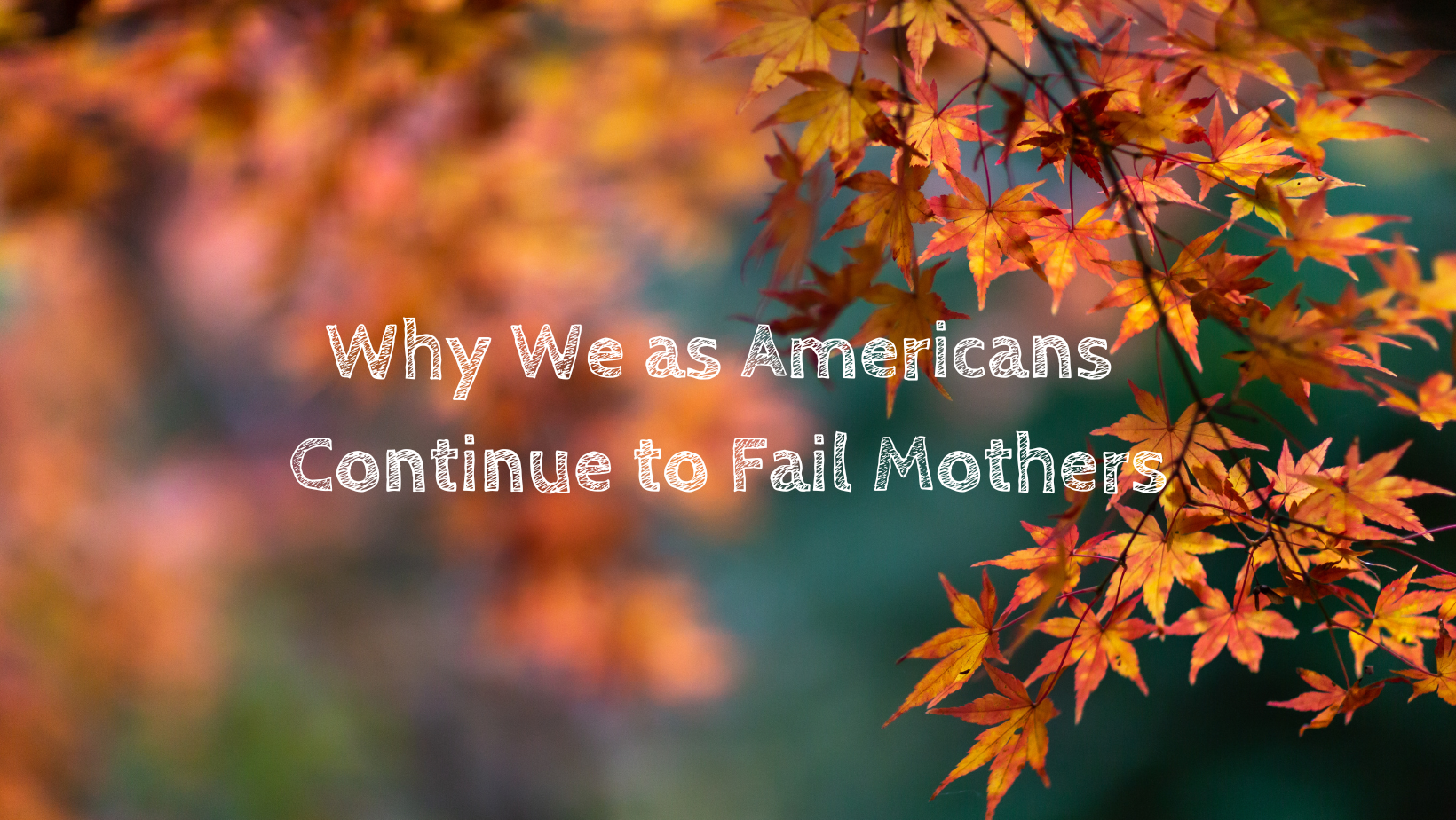Warning: This post contains information and discussion about postpartum psychosis, postpartum suicide attempt and infanticide. If you aren’t in a place to read this, please prioritize yourself and don’t read on!
Last week, news broke that Lindsay Clancy, a mom and nurse, someone’s wife, daughter, and mother, is accused of strangling her children, resulting in the death of Cora, 5 and Dawson, and 8-month old baby Callan, before injuring herself and jumping out second-story window in a suicide attempt while her husband went to pick up dinner. Rumors have swirled around about postpartum depression and/or postpartum psychosis, which unfortunately are incorrectly being used interchangeably by some media outlets and stories. This tragedy is also a reminder that we only know what someone shares, and we don’t know what we don’t know. I read that Lindsay shared she was suffering from postpartum anxiety, it has also been reported that she was in treatment for ‘postpartum.’
It’s scary to know some but not all of the details, and a side effect of the broad snippets of information accessible to the media is that Lindsay’s story quickly becomes relatable, it can be scary to empathize with her suffering, and I do firmly believe that she was suffering, this was a tragedy for all. People who have been in a dark place before, or had fleeting thoughts of harm, or those with intrusive thoughts can all be triggered and activated. It’s easy to relate and say, “that could have been me,” or “that was me.” Some of the details that have been released around this tragedy also share similarities to unwanted intrusive thoughts that can occur in postpartum anxiety or postpartum OCD, and while terrifying, present little risk, it’s very common for these unwanted images or thoughts to escalate when learning about someone who did exactly what that person is afraid of doing. Fortunately (but uncomfortably) unwanted intrusive thoughts are much more common than postpartum psychosis and harming self or one’s children.
I don’t want to assume or speculate about Lindsay Clancy, her mental health history, what real life was like for her at work, at home, in treatment. I do feel that as information becomes public we will learn more about how inadequacies in maternal health and specifically maternal mental health impact someone’s access, frequency, and at times quality of care. Could there have been a different outcome for this family if things were different? I can’t help but wonder. I cannot change what happened to this family that many of us can relate to in a time of grief, shock and sadness. What I can do is continue to make noise- to fight for reproductive freedom, to fight to reduce inequities in maternal healthcare, to fight the siloing of psychiatric wellness from physical wellness because surprise- the two are highly connected. I will fight insurance companies to make sure clients can get therapy and other supports when they need them, I will fight to educate professionals and the community about perinatal mood and anxiety disorders. I don’t want to fight or come in ready for resistance, but I am aware not everyone is ready or willing to help birthing people navigate the postpartum… and then there are many who want to but aren’t sure how- I can educate and support those people, so little by little, more people can help more families, so fewer families are without supports or someone who knows how to help.
In my time as a perinatal mental health professional, therapist, and advocate, I have seen great strides in raising awareness about postpartum depression (and other PMADs), and now we need more action. We must all work together to make things better for birthing people, we cannot wait for the systems and powers that be to create change- they have had their chance and in many ways, and some [not all, trying to avoid villainizing and absolutes here!] display low motivation to change things because the systems that are in place benefit certain groups of people- Some will say the system is not broken- those are the very people for whom the existing system is working and serving. If you are not for healthier birthing families, you are against them, you are the problem. Who might you say is against birthing families? Who wants moms and other new parents to suffer!? When we frame it that way you might as well be starving puppies, right!? There are many intentional and some unintentional ways that we are failing birthing families and those struggling with postpartum emotional complications. But how?! We’ve raised awareness, Catharine!
Well….
Insurance companies charge premiums and make money when you utilize less services. When they pay unsustainable unfair rates, demand arbitrary clawbacks of claims paid, and question medical necessity of postpartum mental health care… they are working against us. They are failing birthing families.
When doctors do not screen for mental health in pregnancy and postpartum, whether it is because they don’t have time (thanks again, managed care!) or because they don’t know where to turn (Learn! Ask me!) then people suffering don’t bring it up… I’d argue they aren’t treating the whole person, and this should be in informed consent, “I’ll treat this part and this part, but not that one.”
When providers consider postpartum people “discharged” or “done” with their care if at the six-week postpartum visit they aren’t displaying signs of an infection and their uterus is involuted as expected- or when a primary care physician is reluctant to treat someone because the identified problem is “associated with pregnancy,” They fall through the cracks and we fail them.
When psychiatrists are reluctant to treat pregnant or lactating people, and OBGYNs are reluctant to medicate those same people, accessing necessary treatment becomes near impossible, and financial obstacles in a crumbling capitalist economy make it even more difficult to find care and afford medication and treatment.
And as for Capitalism… Capitalism fuels high medical costs, abysmal family leave policies, pressure from employers to get back to work, inflexibility around medical appointments once clients return to work, we fail birthing families- but don’t worry, we will also sell you a mortgage payment’s worth of products to try to make up for the fact that people are forced back to work too early postpartum- consumerism is the answer to… nothing. Fail again.
Lindsay Clancy is a white-appearing mom from the photos shared in the media thus far, I do not want to let that fact deter from the critical truth that this country is drowning in a black, BIPOC really, maternal health crisis- birthing people of color are dying and suffering at exponentially higher rates than their white counterparts, even when we account for socioeconomic, educational, and insurance differences. We have known this for many years, and articles detailing the nuanced ways in which non-white patients are more likely to suffer complications, including mental health complications, is not new, and little has changed since these publications.. again is the system broken or is it working how it was designed?
A friend and colleague and I spoke this week, brainstorming and supporting each other, reflecting on what we have heard about the Clancy family. One of the many ways in which we struggle to process this tragedy is that things should have changed after Andrea Yates’ tragedy in 2001. How are we twenty two years later and not every mom is screened everywhere they go postpartum, the hospital, the pediatrician, the OB or midwife? How is it that twenty two years later we don’t have mother-baby hospital programs inpatient and outpatient, in every major metropolitan area?
Wow, Catharine- long list of things to change on a local and national level there! I know… but this is my life’s work, it is what I was meant to do and I’ll keep doing it, helping clients, educating others, and fighting these strategically-designed systems, until every birthing person is cared for and no one suffers without resources and support and treatment…. Not a little bit of treatment for each person, either, I will not rest until everyone gets the care they need to grow the healthy families they want, and until each client can reasonably expect to be treated fairly, with respect, dignity and equality.
In the mean time… here are some things you can do to feel slightly less helpless as you process this tragedy…
Focus on taking really good care of you. You need to recharge to keep making an impact, rest and take those vitamins.
Hydrate… you are not a house plant- you need water daily
Join or work toward building a moms club in your town- bring postpartum families new meals, sit, listen, check on them
Attend postpartum support groups, keep them full and keep them running, be kind and welcoming to new attendees, let them know they are not alone.
Ask your healthcare providers if they screen for postpartum mental health, and what they do about positive screens - if their answer is lacking, demand better! They can contact me or other local specialists for training and resources… no excuses!
Get your own therapy, with a perinatal therapist… break stigma and keep yourself in a good headspace, everyone wins there!
Ask for help when you need it and offer help when you can… Let other love you and return the love when you have extra to give
Resources for Parents & Professionals
Postpartum Support International www.postpartum.net
Call the PSI HelpLine: 1-800-944-4773 #1 En Español or #2 English
Text “Help” to 800-944-4773 (EN) Text en Español: 971-203-7773
Support Group Listings: [National] Postpartum Support International https://www.postpartum.net/get-help/psi-online-support-meetings/
Postpartum Progress https://postpartumprogress.com/
National Maternal Mental Health Hotline 1-833-943-5746 (1-833-9-HELP4MOMS)
Learn More about Postpartum Psychosis -
PPP Awareness Day https://pppawarenessday.org/
NHS Postpartum Psychosis Info https://www.nhs.uk/mental-health/conditions/post-partum-psychosis/
MGH Center for Womens Health https://womensmentalhealth.org/specialty-clinics-2/postpartum-psychiatric-disorders-2/
Royal College of Psychiatrists, UK https://www.rcpsych.ac.uk/mental-health/problems-disorders/postpartum-psychosis
Suicide and Crisis Helplines
988 Suicide and Crisis Lifeline [Formerly National Suicide Prevention Lifeline]
Maternal Mental Health support- https://988lifeline.org/help-yourself/maternal-mental-health/
Crisis Text Line Text HOME to 741741
In Connecticut
2-1-1 for Mobile Crisis and/or Emergency Mobile Psychiatric Services
Support Group Listings www.psictchapter.com
Find a therapist with perinatal training: www.psidirectory.com

